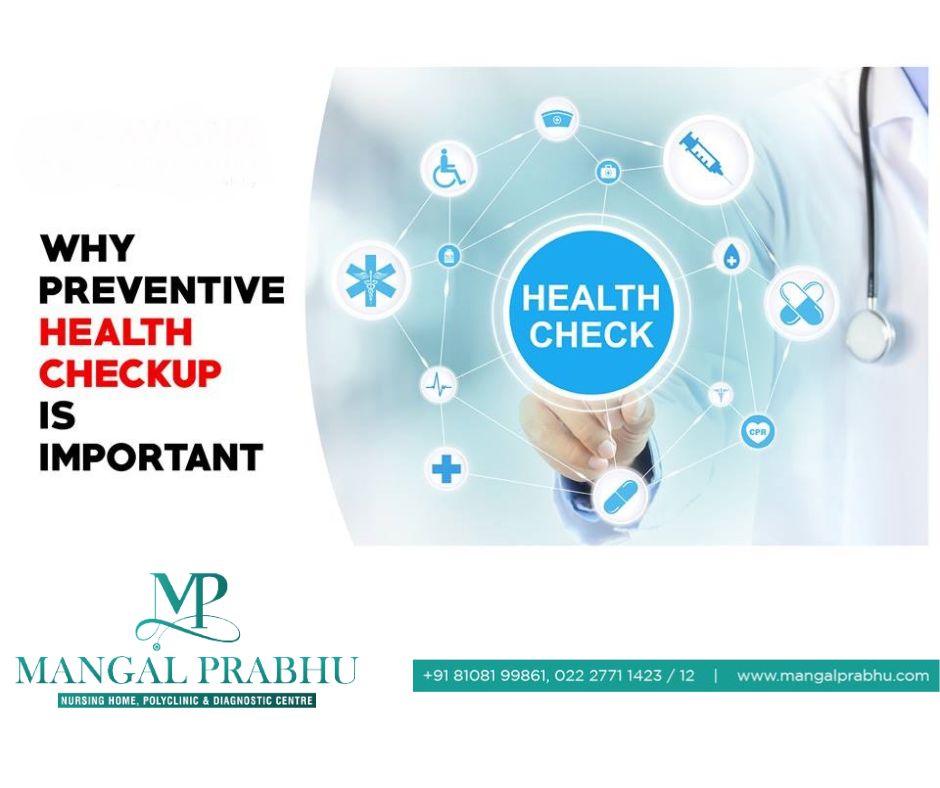
What you need to know chemotherapy?
Chemotherapy is a drug treatment that uses powerful chemicals to kill fast-growing cells in your body.
Chemotherapy in Juinagar, Navi Mumbai is most often used to treat cancer, since cancer cells grow and multiply much more quickly than most cells in the body.
Many different chemotherapy drugs are available. Chemotherapy drugs can be used alone or in combination to treat a wide variety of cancers.
Though chemotherapy is an effective way to treat many types of cancer, chemotherapy treatment also carries a risk of side effects. Some chemotherapy side effects are mild and treatable, while others can cause serious complications.
What to Expect When Having Chemotherapy:
Each chemotherapy treatment plan is created to meet a patient’s unique needs. But before treatment starts, you can expect to take these general steps.
Meet with your oncologist. The doctor will look over your medical records and do a physical exam. You will also have tests done to help plan treatment. Your exact treatment depends on the type, size, and location of the cancer. Your oncologist in Nerul, Navi Mumbai will also consider your age, your general health, and other factors, such as previous cancer treatments.
Learn about your chemotherapy treatment schedule. Your health care team will explain when and how often you need chemotherapy. Most chemotherapy treatments are given in repeating cycles. The length of a cycle depends on the drug(s) you receive. Most cycles range from 2 to 6 weeks. The number of treatment doses scheduled within each cycle also depends on the prescribed chemotherapy.
Learn how food and medicine can affect chemotherapy. Your health care team will tell you if there are restrictions or suggestions about what to eat and drink on chemotherapy days. This will help your treatment work best. Always tell your chemotherapy team about any prescription and non-prescription medicines you take.
Common side effects:
The side effects you experience while on chemotherapy depend on which drug or combination of drugs are prescribed. Different drugs cause different side effects. And each person’s experience is different. People may not experience the same side effects even when taking the same drug. And you can have different side effects than you did in the past if you take the same drug again.
Fatigue. Fatigue is feeling tired or exhausted even if you get enough sleep. It is the most common side effect of chemotherapy.
Pain. Chemotherapy sometimes causes pain. This can include:
- Headaches
- Muscle Pain
- Stomach pain
- Pain from nerve damage, such as burning, numbness, or shooting pains, usually in the fingers and toes.
Mouth and throat sores. Chemotherapy can damage the cells inside the mouth and throat. This causes painful sores in these areas, a condition called mucositis. Mouth sores usually happen 5 to 14 days after a treatment. It is also important to watch for infection in these sores.
Diarrhea. Some chemotherapy causes loose or watery bowel movements. Preventing diarrhea or treating it early helps keep you from getting dehydrated (losing too much body fluid). It also helps prevent other health problems.
Constipation. Chemotherapy can cause constipation. This means not having a bowel movement often enough or having difficult bowel movements.
Nausea and vomiting. Chemotherapy can cause nausea (feeling sick to your stomach) and vomiting (throwing up). Whether you have these side effects, and how often, depends on the specific drugs and dose.
Blood disorders. Your bone marrow is the spongy tissue inside your bones. It makes new blood cells. Chemotherapy affects this process, so you might have side effects from having too few blood cells.
Most side effects go away after chemotherapy is complete. But some continue or come back, or develop later. For example, some types of chemotherapy may cause permanent damage to the heart, lungs, liver, kidneys, or reproductive system. And some people have trouble with thinking, concentrating, and memory for months or years after treatment. Cancer survivors also have a higher risk of second cancers later in life.
Children who had chemotherapy are at risk of specific side effects that happen months or years after treatment.
Outlook
The outlook for an individual receiving chemotherapy will depend largely on the type, stage, and location of the cancer and a person’s overall health. In some cases, complete remission is possible. Mangal Prabhu is the best chemotherapy center in Navi Mumbai.
There can be adverse effects, however, and people may need to adjust their lifestyle or work routine during treatment. However, these usually resolve after treatment finishes.

Why It Is Important To Have Preventive Health Check-Ups?
We all have heard the phrase PREVENTION IS BETTER THAN CURE, but we hardly act on it. We all believe that we are fit and fine until some serious disease knocks our door. Health check-ups are something that can prevent us all from being knocked down by a disease at later stages. We all as individuals are responsible for our own health. Our healthy lifestyle has come to a halt. We have become so busy in our lives that there is no physical exercise involved in it, that makes us more vulnerable to any disease such as chronic heart disease, cancers, mental disturbances, diabetes, and several hormonal imbalances. If any of this is detected in early stage it becomes easy to operate on it and can easily be cured. This can happen if we do preventive health check ups monthly or yearly or as prescribed by our doctor. For example, a heart attack may not be sudden but can happen due to gradual accumulation of cholesterol in blood vessels. A health check-up will determine your cholesterol number and allow you to make diet changes to reduce fat intake. Keep yourself informed about what your body is demanding because it will help you to make wise decisions regarding your health. It’s important to remember that not all health problems occur suddenly – some develop gradually over time. That’s why it’s important to see your doctor regularly for preventive health check-ups, even if you feel healthy.
Benefits of regular preventive Health Check-ups:
Health check-ups give us an insight of issues going inside our body. Regular health check-ups help us in early diagnosis of silent diseases. It helps us taking preventive steps for diseases, also helps us in treating diseases with lesser medicines and complications that saves our money helping in prevention of financial loss. Everyone with age of 40 and above should start their regular health check-ups. People who have family history of hypertension and diabetes should necessarily do the health check-ups. With the help of preventive health check-ups, we can detect any disease that is in it’s early stage and doctors can treat it immediately and easily with less expenditure a d less pain in case of any surgery needed.
In conclusion it is important to do regular health check-ups for your overall wellbeing as well as to diagnose the conditions earlier and limiting the complications. Many of us including the previous generations hesitated to do the regular health check-ups but by doing preventive health check-ups you do realise that you are healthy and with this comes the peace of mind that is very much important in our busy daily life.
It is time to be responsible about your body and start going for health check-ups. For full body health check-ups book an appointment at MANGAL PRABHU HOSPITAL, NAVI MUMBAI. Here we provide the best facility with affordable prices as our logo says “A private hospital with charitable heart.”
To book an appointment call us: 022-27711423 ; +91-8108188961
Or visit our hospital at Mangal Prabhu Multispeciality Hospital : mangalprabhu.com
Plot No. 27, Sector – 24 Near To Juinagar (W, Sanpada Railway Station Road
Juinagar Navi Mumbai, Maharashtra 400706.
